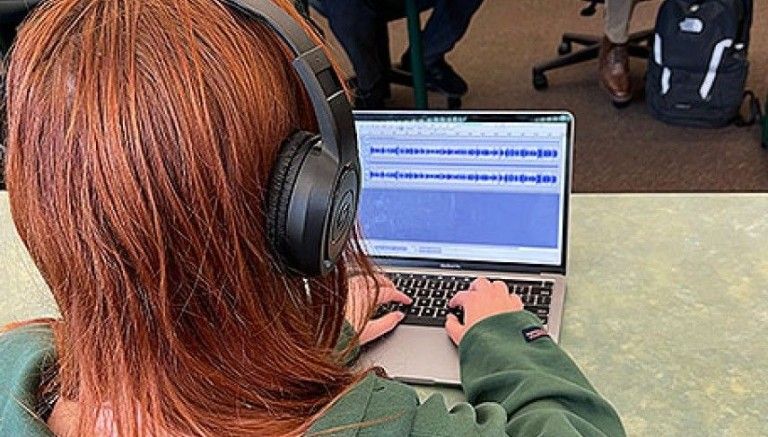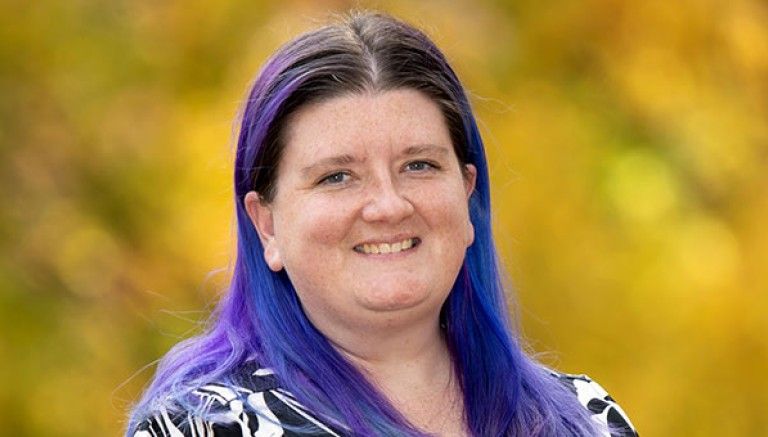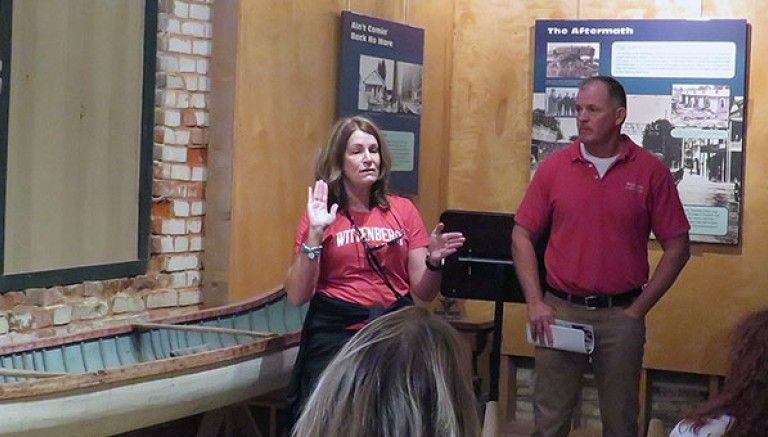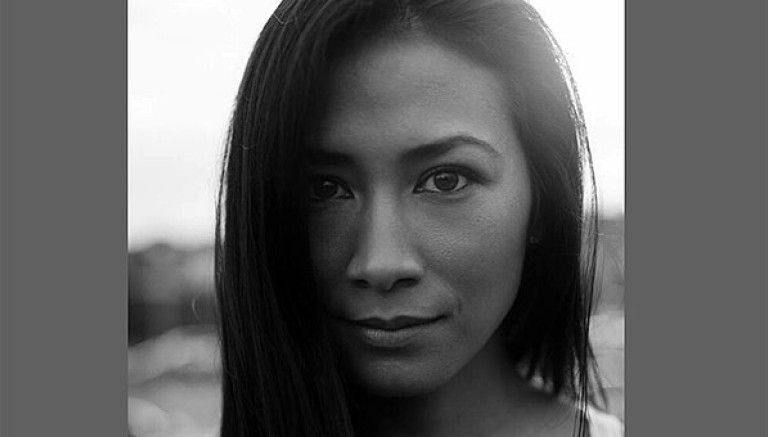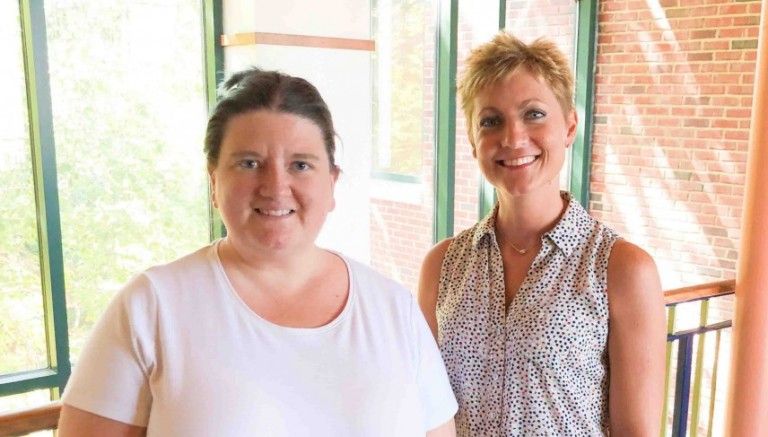“Change is happening at an unprecedented pace, as technological progress (including digital transformation) and global political unrest make for a highly unpredictable world...[The skills needed to succeed] include collaboration, communication, creative thinking, work ethic, teamwork, networking, decision making, positivity, time management, motivation, versatility, problem-solving, critical thinking, and conflict resolution.”
--Marc Zao-Sanders, “Important Skills to Develop for Success in 2020 & Beyond,” Glassdoor
At Wittenberg, we take seriously this claim, committed now more than ever to helping our students develop skills that will serve them well in a world in which change is the only certainty.
In the Wittenberg Department of Communication & Digital Media, that means we focus not only on skills that students need for success in their lives after Wittenberg, but on understanding the processes of communication that vary according to situations. After all, in today’s environment of erupting communication technologies and increasing global interdependence, it is not enough to know the practice of good communication without also understanding the theories that cross complicated situations. At Wittenberg, students gain an understanding of the complex processes of human symbolic interaction—with special emphasis on how digital media shapes our interactions.
Communication & Digital Media Courses
- Intro courses that explain elements and theories of communication with a special emphasis on digital media.
- Intermediate courses that focus on particular contexts, including managing effective interpersonal communication, understanding our changing media, and making effective arguments while preserving relationships—all with attention to how digital media affects those areas.
- Methods courses that explain how to frame and explore questions of communication, such as “what makes an anti-drug campaign persuasive?” and “how do stories function to elicit empathy for others?” and “to what extent does bystander intervention impact cyberbullying?”
- Advanced Study seminars in a professor’s area of expertise such as: Social Media, Environmental Communication, Intercultural Communication, Relational Communication, and Gender and Communication.
- Senior Seminar in communication ethics in which students grapple with questions of what is “right” and “wrong” to do with their newly honed communication skills, not just what they can do.
Partnerships With Other Departments
Through individual advising, we help students develop concentrations across departments, including these featuring digital media applications:
- Digital Imaging, Video, and Animation (DIVA), a 4-course concentration offered in the Department of Art;
- Sport Marketing and Event and Facility Management in the Department of Health & Sport Studies;
- Electronic Music Production in the Department of Music;
- Social Media, Media Law, and Digital Marketing achieved with a double major in marketing and communication & digital media.





